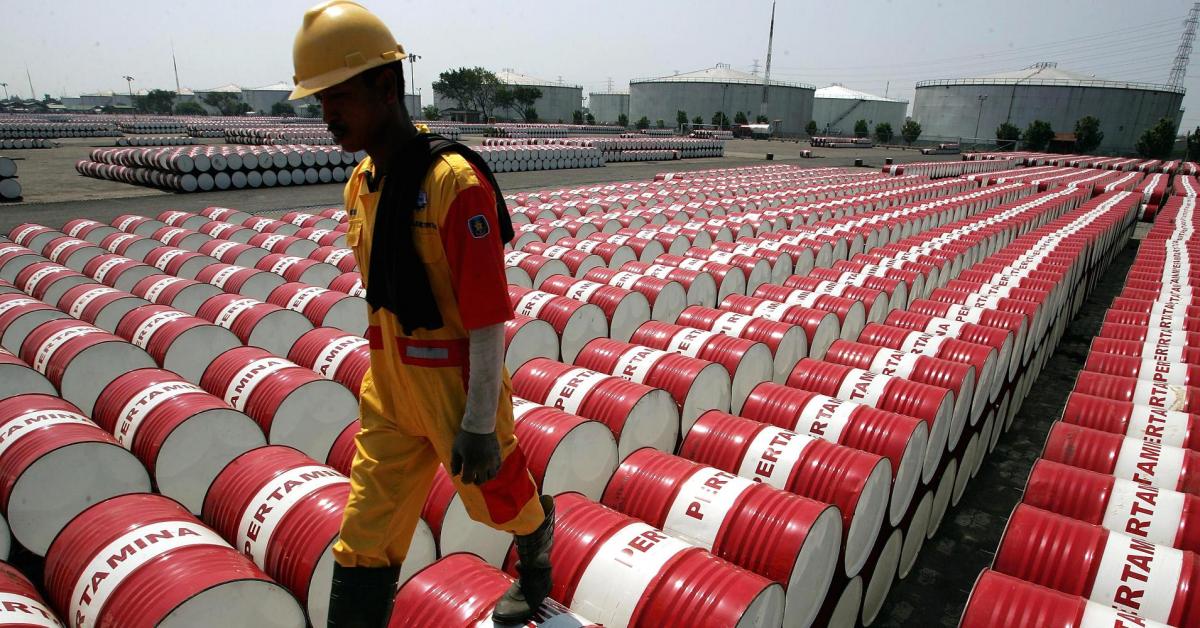There are no products in your shopping cart.
| 0 Items | £0.00 |


NIGERIA is facing the threat of a severe economic meltdown as the country has been hit with the double whammy of crude oil prices falling to a meagre $29.84 a barrel and buyers shunning purchases leading to about 50 barges lying unsold at export terminals.
As a result of the spread of the virus, Chinese output has been severely affected, which in turn has had a domino effect on global industrial production. With supply far outstripping demand, this has led to a collapse in crude oil prices, with Brent Crude, a grade identical to Nigeria's Light Bonny Crude falling from $29.84 per barrel yesterday.
This is the lowest global crude oil prices have been since February 12, 2016 and is exacerbated by a price war between Russia and Saudi Arabia. Nigeria's 2020 budget is predicated on the country selling 2.18m barrels of crude oil at a benchmark price of $57 a barrel and with this not feasible, government expenditure is under threat.
Nigeria's federal government needs to generate N2.64tn from oil revenue, representing 32.34% of expected total revenue for this year, with the non-oil revenue projection being N1.80tn. However, Mallam Mele Kyari, the managing director of the Nigerian National Petroleum Corporation, has warned that the country is already struggling to find buyers for its crude oil, saying over 50 cargoes were yet to be sold.
Mallam Kyari said Nigeria’s crude cargoes had been stranded due to the higher selling price compared with its fellow Organisation of Petroleum Exporting Countries (Opec) members. Other Opec members such as Saudi Arabia and Iraq, can afford to offer discounts of around $5 to $8 per barrel to buyers.
Saudi Arabia has reiterated its plans to boost production in response to a developing price war with its rival Russia after efforts to restrict supply failed earlier this month. Earlier this month, Opec and its allies, led by Russia, failed to extend production cuts that began in January 2017, aimed at supporting prices and lowering stockpiles.